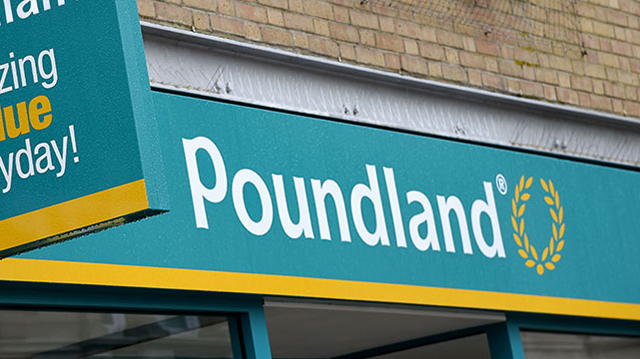The UK government made a surprise abolition of stamp duty exemption in “deprived areas” in its Budget last month but gave the green light to real estate investment trusts.
The industry scrambled to close deals by midnight on Budget day as the standard 4% stamp duty charge came into force in areas such as Canary Wharf, central Manchester and central Birmingham. Deals of more than £0.5m are subject to full stamp duty.
In Canary Wharf, two private Irish investors avoided £5.4m of stamp duty by completing their £135m purchase of 15 Westferry Circus from the Morgan Stanley-led Songbird consortium. Jones Lang LaSalle (JLL) advised Songbird while Hargreaves Goswell Down advised the buyers.
But property company Argent was landed with possible extra costs of £2.5-3m after failing to beat the midnight deadline to sell One Piccadilly Gardens, Manchester, for £70m to private investors. The exemption, which comprised 19% of IPD’s coverage, was scrapped without warning or consultation, although it was due to expire at the end of 2006.
The Budget also contained a REIT discussion paper, and promised legislation in the April 2006 Finance Bill. The government proposes a UK REIT that will be able to invest in any property type globally; distribute a minimum of 95% of dividends; have a 25% limit on development; and be externally or internally managed.
No details were released on a possible exit tax paid by companies becoming REITs. Merrill Lynch estimates that with a reasonable conversion charge the UK quoted property sector could easily double from £65bn to £130bn.










